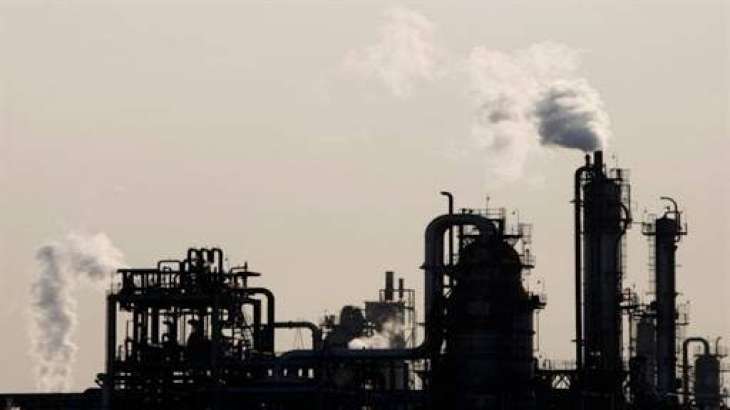Japan's greenhouse gas emissions reduced by 3.9 percentage point to a record low of 1.24 billion tonnes in the 2018-2019 fiscal year due to the increased use of nuclear energy, media reported on Tuesday
MOSCOW (Pakistan Point News / Sputnik - 14th April, 2020) Japan's greenhouse gas emissions reduced by 3.9 percentage point to a record low of 1.24 billion tonnes in the 2018-2019 fiscal year due to the increased use of nuclear energy, media reported on Tuesday.
According to the Japanese Kyodo news agency, citing the Environment Ministry, 1.24 billion tonnes of carbon dioxide was emitted during the year that ended in March 2019, marking the fifth straight annual drop and representing a record low since 1990.
Nevertheless, Japan has yet to work toward its commitment under the Paris climate agreement to reduce greenhouse gas emissions by 26 percentage points by the 2030 fiscal year, the news agency added.
Despite numerous nuclear reactors in Japan being shut down in the wake of the 2011 Fukushima Daiichi disaster, the output from the nine active units doubled compared to the previous year in a bid to reduce the need for coal and other resources of power generation that produce more emissions. In addition, Japan increased the use of renewable energy such as solar and wind power, which also contributed to a drop in greenhouse gas emissions, the Kyodo news agency reported.
Meanwhile, Japan's emissions of hydrofluorocarbons, which are used as a refrigerant in air conditioning units instead of ozone-destroying chlorofluorocarbons, have risen by 4.7 percentage points compared to the previous fiscal year. Given that these gases still have a strong global warming effect, the government has placed stricter regulations on their disposal.
The 2015 Paris Agreement on climate change ambitiously seeks to bring all nations into the common cause of combating climate change and keep the global temperature rise below 2 degrees Celsius (3.6 degrees Fahrenheit) ideally by 1.5 degrees Celsius above pre-industrial levels.



